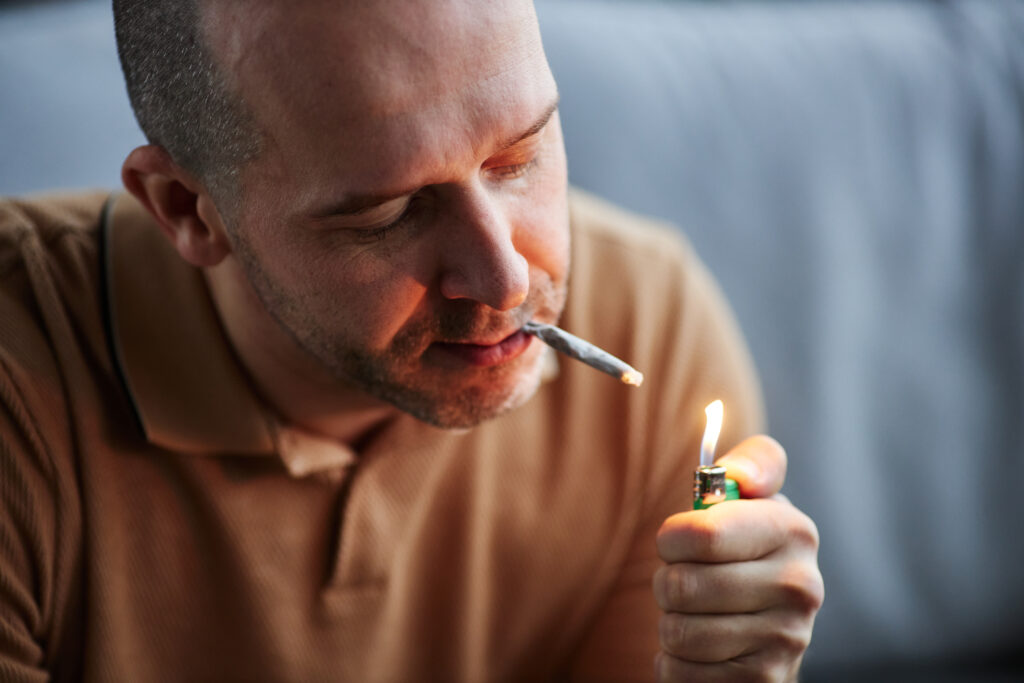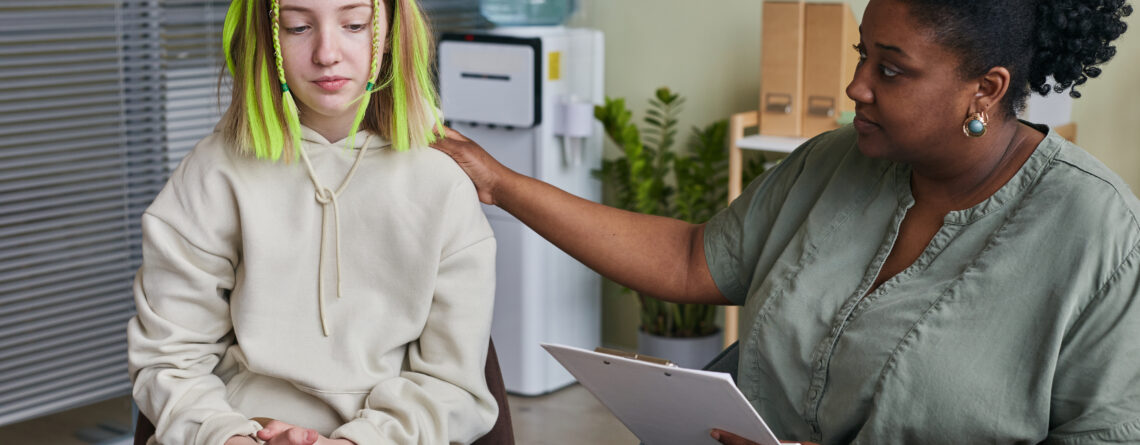Marijuana and Mental Health: The Psychosis Connection
The widespread legalization of marijuana has led most people to believe it’s innocuous and even beneficial. However, cannabis can still harm a young person’s developing brain and body. Notably, research indicates that marijuana use during the teen years can significantly increase the risk of developing psychosis.
Since medical marijuana is legal in Florida for people managing conditions like glaucoma, cancer, and epilepsy, warnings about its potential dangers may seem excessive. However, parents of adolescents must be aware of the connection between cannabis use and early-onset psychotic disorders.
The Hidden Risks of Cannabis Use
A recent study published in JAMA Psychiatry warns that cannabis users face a two to fourfold increased risk of psychosis compared to those who never use the drug. This risk is even higher for people who start using marijuana during childhood or early adolescence, leading to more severe symptoms and an increased likelihood of relapse among those who develop psychosis. Also, the risk seems to be more significant for young males and for those individuals who have a family history of mental illness.
A person having a psychotic break may experience vivid hallucinations or delusional beliefs. Hallucinations are sensory experiences that appear real but are created by your mind. They can affect all five of your senses. For example, you might hear a voice that no one else can hear or see an image that isn’t real. Delusions are fixed, false beliefs that conflict with reality. These perceptions can feel very real, and someone in the grip of first-episode psychosis may not recognize they are having a mental health crisis. Further complicating matters, young people experiencing mental illness may self-medicate their symptoms with marijuana.
The link between cannabis use and psychiatric disorders is particularly robust in people with specific genetic vulnerabilities. Drug use can affect a gene variant that influences dopamine signaling in the brain, significantly increasing the risk of psychosis among daily marijuana users compared to occasional or non-users.

How Marijuana Changes the Brain
Marijuana’s psychoactive component, tetrahydrocannabinol, interacts with the body’s endocannabinoid system to create a euphoric high. When someone smokes cannabis, THC travels from their lungs through their bloodstream to their brain, influencing their mood, motivation, and perception of reality. Frequent use can disrupt sleep and impair learning, memory, judgment, and coordination. The younger someone starts using marijuana, the more vulnerable they are to these adverse effects.
Today’s high-potency marijuana strains are especially concerning. Dispensaries, specialty shops, and cannabis delivery services offer various high-THC products like edibles, vapes, and waxes, all of which can quickly end up in teenagers’ hands. Many current strains of marijuana have a THC concentration well above 10% or even 15%, and certain vaping products have levels above 90%, increasing the odds that heavy users will develop psychosis. Some of these products, like edibles and vapes, have little to no smell, so they can be used without calling attention to parents, schools, etc., increasing the ability for young people to use these substances without detection, making it easier for them to consume more regularly and in larger doses.
As people build a tolerance to marijuana over time, they need increasingly larger amounts of the drug to achieve the same effects. Continued use can lead to marijuana dependence, where the brain becomes accustomed to regular THC doses, and it reduces its natural production of endocannabinoid neurotransmitters. People who try to quit using marijuana after becoming dependent on it may experience withdrawal symptoms and crave the drug to feel “normal.” At this point, they could continue using cannabis to escape reality despite the adverse consequences that can result from regular use. Cannabis is more psychologically addictive than it is physically, but it absolutely can cause dependency, and in the stronger forms, THC can easily lead to addiction, particularly for younger users. Unfortunately, there is a false belief among many young people and even parents that marijuana is relatively harmless and cannot lead to addiction.
Specialized Care for Marijuana Psychosis
The evidence linking marijuana to psychosis should set off alarm bells if you know or suspect your child uses marijuana or cannabis-infused products like tinctures or gummies. Also, co-occurring substance use and mental health issues can significantly impact a young person’s physical and emotional well-being, straining relationships and making daily tasks more challenging.
When your child’s marijuana use escalates to dangerous levels, they may self-isolate or experiment with other risky behaviors that can threaten their well-being. A professional substance abuse and mental health evaluation provides a crucial lifeline, preventing long-term harm and enabling your family to make healthier choices. It is imperative if someone is experiencing any level of psychosis related to the use of THC products that, they abstain from continued use immediately. It is our experience, and research supports this, that about half of the users who experience a psychotic episode involving the use of marijuana will go on to develop a chronic mental illness like schizophrenia. The more psychotic episodes an individual has experienced, the less likely they are to return to baseline. This is why it is so important for a young person to be evaluated and receive treatment immediately, so they have a chance for their brain to heal and a recovery process to begin.
R&A Therapeutic Partners offers holistic support for young people struggling with substance use disorders and mental illness– a comprehensive approach to overcoming the challenges of marijuana psychosis. Contact us today to learn more about our expert counseling services.
At R&A Therapeutic Partners Raymond Estefania and Ana Moreno specialize in substance use and mental health disorder evaluations, treatment, intervention and therapeutic/educational consulting for clients throughout the greater South Florida area, as well as nationally and internationally. For more resources and information please visit Therapeutic-Partners.com or on Facebook.

